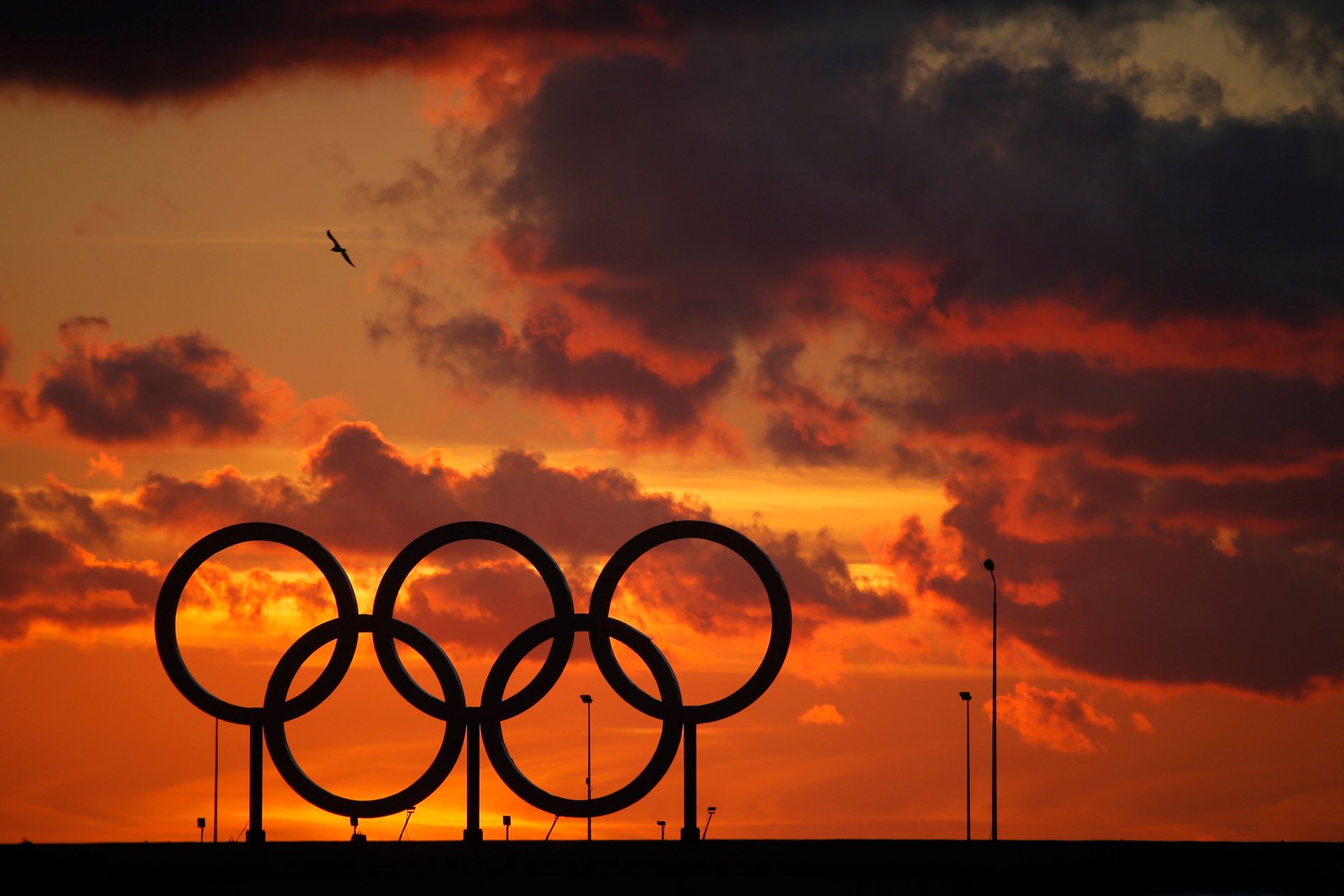Hamburg says no to the 2024 Olympics—and it’s not clear why any city would say yes
The citizens of Hamburg, Germany, were not feeling the Olympic spirit as they voted down the city’s bid to host the 2024 Summer Games yesterday (Nov. 29). A spokesman for the International Olympic Committee (IOC) characterized the vote as a lost opportunity, but said there will still be a “strong competition” between the remaining candidate cities: Rome, Budapest, Paris, and Los Angeles.


The citizens of Hamburg, Germany, were not feeling the Olympic spirit as they voted down the city’s bid to host the 2024 Summer Games yesterday (Nov. 29). A spokesman for the International Olympic Committee (IOC) characterized the vote as a lost opportunity, but said there will still be a “strong competition” between the remaining candidate cities: Rome, Budapest, Paris, and Los Angeles.
Hamburg may have good reason to feel relieved: The cost of the city’s games would have been an estimated €11 billion euros ($11.9 billion), and in general hosting comes with a long list of downsides. Most notably, host cities have to invest heavily in infrastructure that, once the games are over, inevitably become dead weight. And whatever problems are already festering in the city are likely to be exacerbated, not cured, by an upsurge in spending and political pressure.
For that reason and more, many Italians are crying foul at Rome’s 2024 bid.“This is madness, they’ll be the Olympics of Waste,” one Italian politician told The Telegraph. Italy is currently experiencing a deep recession, and some critics are mindful that the expenses of hosting the Olympics could bankrupt the country, as the 2004 Athens Games triggered Greece’s woes. Others worry that the prime beneficiary of an Olympic year in Rome would be the local Mafia.
Budapest’s bid, on the other hand, is reportedly just a practice run for a more serious attempt to host in the games in 2028.
Los Angeles and Paris remain the frontrunners, partly because organizers are convinced that existing infrastructure will necessitate only modest construction of new facilities, and mostly because public sentiment is converging favorably with political will.
When Paris announced its bid, The Guardian noted that mayor Anne Hidalgo had been “reluctant” to endorse it but changed her mind in the wake of the Charlie Hebdo attacks in January 2015, when she was moved by the unity of Parisians who mourned together in the streets. The head of the IOC has said that this month’s terror attacks will not impede Paris’s bid—though the ongoing European migrant crisis, which was cited as a factor in Hamburg’s “no” vote, may still play a role.
The Paris bid seems more emotional than economic—and that may be key to the city’s chances of running the games smoothly, should it win hosting privileges.
“We believe in France and internationally we need the projects where people will share good moments, positive moments, and sport is a great vehicle for this kind of emotions,” Tony Estanguet, who is spearheading Paris’s bid, told the Associated Press.
And perhaps that’s the real reason why cities continue to vie for the Olympics. As economist Victor Matheson told the New York Times last year: “It’s like a wedding. It won’t make you rich, but it may make you happy.”